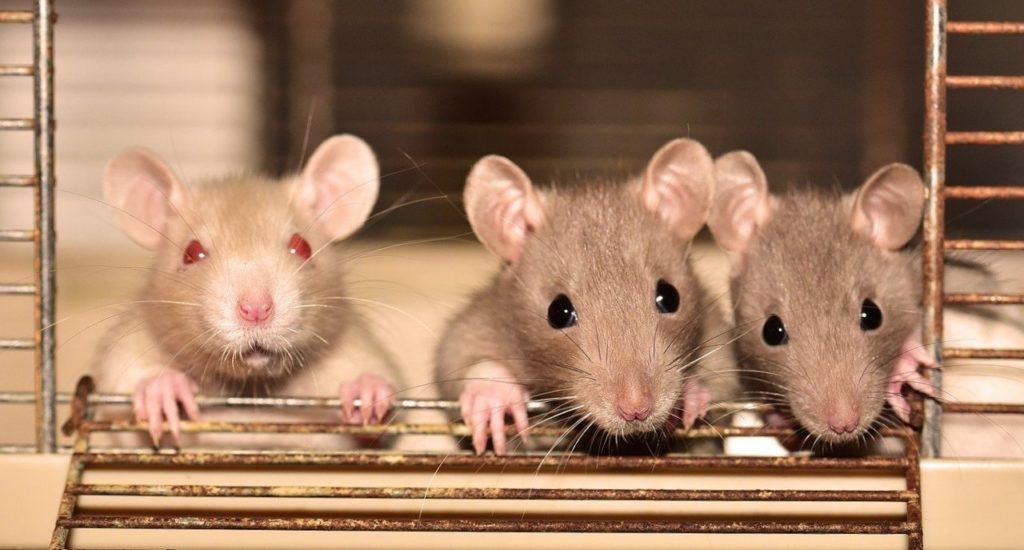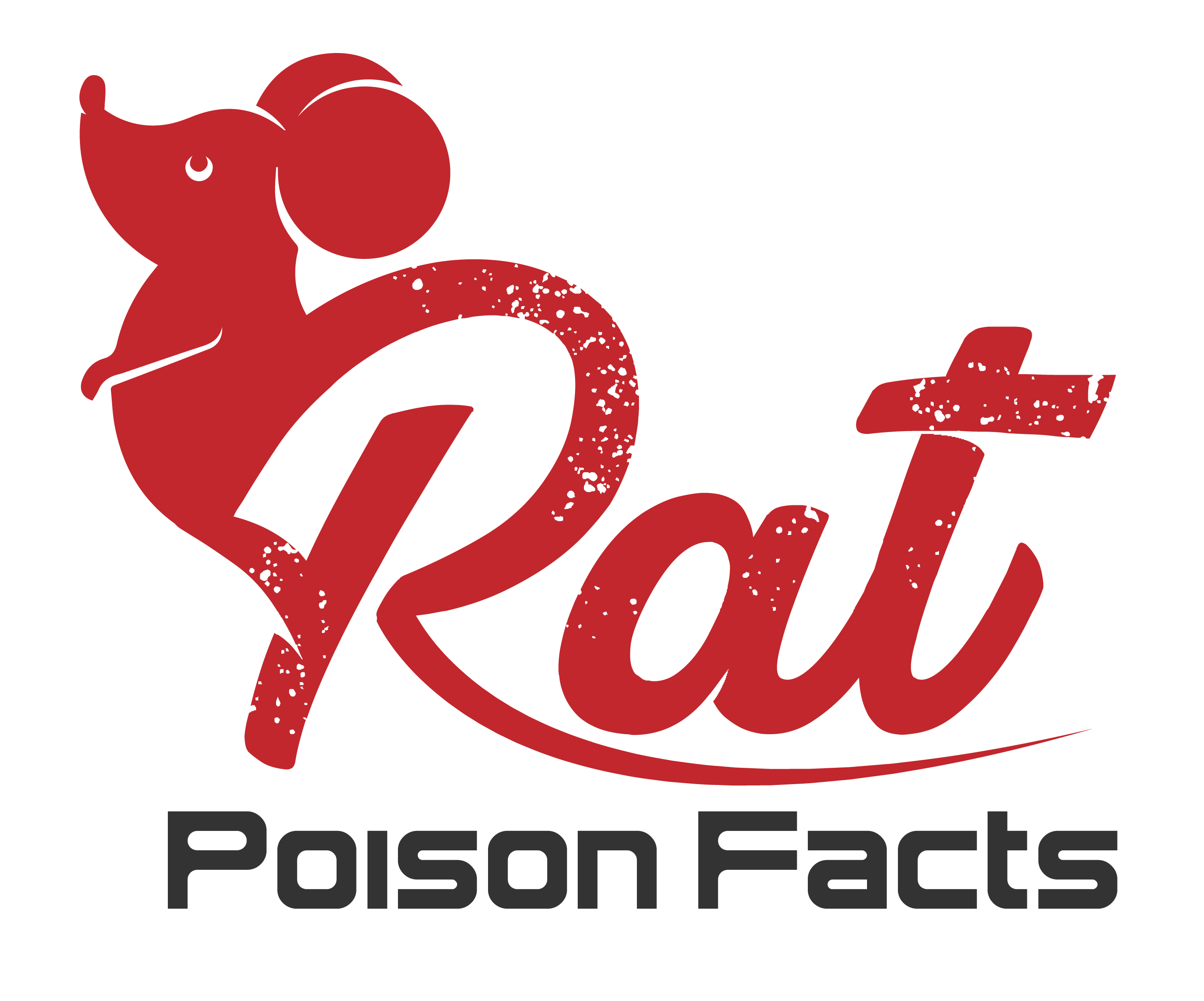
One of the common arguments made against rat poison is that this is an inhumane method of controlling rodent infestations. It is also ineffective, somewhat lazy, and just temporary.
If you have heard that rat poison is inhumane, you may be wondering why that is the case and why you should care. Read on to learn why you should avoid rat poison and choose a more humane control method instead.
Why it is Inhumane
The main reason that rat poison is inhumane is the way that the rat dies. Most rat poisons will kill the rats via internal bleeding along with hemorrhaging, which his very uncomfortable and painful. This is the type of long, drawn-out, and painful death that you would only want your worst enemies to experience – and even then, you still could have doubts.
It is Not Quick
Not only is the death painful for the rats after consuming poison, but it is not quick. Depending on the poison, it can take days or weeks to work. During that time, the rodent will experience increasing levels of pain and discomfort, frequently without energy to do more than rest in their nest for the last bit of their time.
Why You Should Care
Any person who considers themselves to be a human being with compassion should care about the pain and suffering that a rat experiences from poison. As a compassionate person, you should be opposed to anything that causes a living thing pain and suffering. This is just a part of human nature and caring about others.
Rats Do Feel Pain
You may feel that even if a rat dies slowly and agonizingly, then this is not a big deal since you assume they do not feel pain. At the very least, you may think that they do not feel pain like we do.
In reality, however, scientific research proves that rats do indeed feel pain. Remember that if you use poison, they will feel that pain throughout the entire time they die. If they do not consume a lethal dose, then they will feel that pain for a few days before going on with life, but that pain will still have existed.
Are Rats Intelligent and Social?

Some people are still okay with poisoning rats because they view them as a different class of animals that does not deserve as much protection. These people put rats in a vastly different category than cats and dogs, without an awareness of their intelligence or social nature.
In reality, rats are intelligent as well as social. They have many of the same traits that dogs and cats do, which is why they are occasionally popular for pets. While wild rats and domesticated ones certainly have some differences, their basic genetic makeup and social behaviors are very similar.
Rats are Very Social
Anyone with experience interacting with rats will let you know that these creatures are highly social. They spend time with each other and become emotionally attached. When rats are pets, they frequently curl up next to their humans, indicating a social bond that even transcends species.
Rats are Intelligent
Rats are also highly intelligent creatures. They are commonly used in laboratory settings, with various experiments proving their intelligence over the years. Their intelligence even extends to social interactions. Many people have noticed rats paying attention to their own (human) emotions and reacting appropriately.
What if an Unintended Target Gets the Poison?
When you think about whether using rat poison is inhumane, do not forget to also consider what would happen if another animal or person ate the poison instead. Rat poison can be just as inhumane if a child or a pet accidentally ingests it.
Any living thing that consumes the rat poison would get very sick and be in pain. They could potentially die without medical attention. For many people, this puts rat poison firmly in the category of being inhumane. After all, if we would consider the effects it causes inhumane to people or pets, the same should be true of rats.
Other Problems with Rat Poison
While the inhumanity associated with rat poison is one of the biggest reasons not to use it, there are also several other important ones that should cement your decision to use a different method.
Rat poison is not as effective as most people hope it will be. Using rat poison is unlikely to kill all of the rodents on your property. Some will be resistant, others will not consume a lethal dose, and yet others may simply not die due to unusual circumstances.
Since the rat poison will not even be effective, there is no reason to put the rodents through the suffering associated with this method of rodent control.
Poisoning Risks
There are also the previously-mentioned risks of an unintended target accidentally consuming the poison. In the best case scenario, a dog, cat, or small child that consumes some rat poison will get sick. They may even die if they do not receive medical attention. This possibility is enough of a reason for many people with small children and pets to avoid rat poison.
It is Temporary
You should also keep in mind that rat poison only offers a temporary solution. The rats will only die as long as you keep reapplying the rat poison. Once you stop using it, new rats will come and you will soon find yourselves with the same problem.
What to Do Instead
Instead of relying on rat poison, which is inhumane, look to other options. Focus on prevention and small household changes to deter the rats.
Just remember that you must always make changes to your property. Otherwise, other rats will take the place of those you kill or remove.
